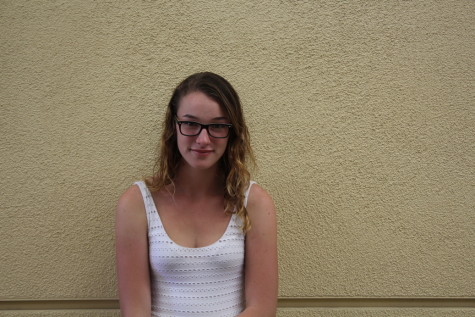Most Carlmont students are familiar with the science lectures put on by the science department in the Performing Arts Center.
One of the reasons so many students are aware of these is because the majority of Carlmont science teachers offer extra credit for attending these events and doing the work accompanied with it.
However, the amount of extra credit varies from teacher to teacher. Most teachers in the biotechnology department, for instance, offer 10 quiz points of extra credit, the equivalent of a whole quiz.
Senior Payton Smith said, “For biotech students, it is so worth the time. It’s not very much work, and they’re actually interesting. It’s a simple, easy way to boost your grade.”
Students in other science classes are are less clear about the possibility of receiving extra credit, and if so, how much.
“My teacher doesn’t talk about it, so I don’t really know anything about the extra credit lectures, or if they matter for me,” said sophomore Michelle Tenin, who is in AS Chemistry.
Some teachers say that if the lectures are completed they will round the students grade up at the end of a semester. Other teachers make the lectures worth a homework assignment or two.
“We get eight stamps, which is about the same as two homework assignments,” said sophomore Mitchell Plane, who takes Chemistry.
The turnout at the most recent lecture, “Why Eye Love Science, and you should too!,” was a mix of students from all different parts of the science department.
The presenter, Karen Havenstrite, told the half-full auditorium about her early life growing up near a gold mine, watching chemistry on a huge scale.
She then went in depth regarding how she was lucky to discovery her love of research in college.
Havenstrite went on to describe all of her early experiments that she worked on in graduates school regarding topics like stem cell growth.
She then got to the reason for the lecture’s title: her current work with contact lenses. She explained that after working in science for so long, she wanted to help solve a simple everyday problem for people, which in this case was dry eye.
Her company, Ocular Dynamics, has created contact lenses with a special coating to give the wearer much more comfort.
Lectures like these are available several times a semester, and the topics cover many realms of science.
“It definitely depends on what class you’re in,” said Smith. “It’s more worth it for some than others, but it is a cool option no matter what.”


